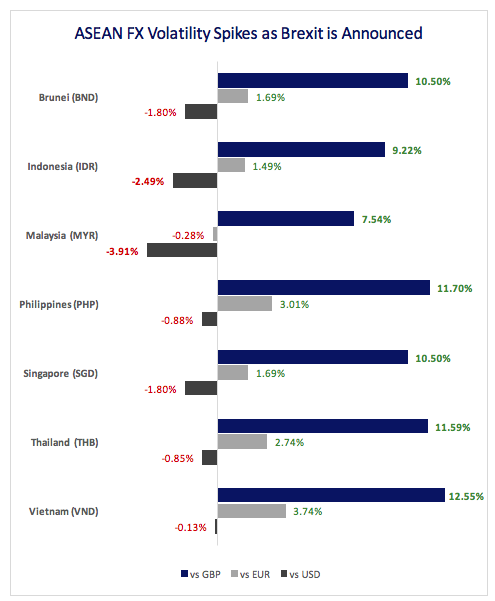By Shirley Chu
Editor: Jake Liddle
Most MNCs will charge for services provided to other entities within the same company or business. These are classed as intercompany service fees. Often, while trying to protect its tax base, China’s tax authorities will regularly encounter inconsistencies in transfer pricing for intercompany services, such as lack of access to necessary information due to opaque business structures, unclear rules under Enterprise Income Tax (EIT) laws, and difficulty determining whether selected transfer pricing methods for services comply with the arm’s length principle. Companies found guilty of these inconsistencies can be penalized by China’s tax authorities, making it essential to understand the country’s regulations connected to intercompany services.
Transfer pricing analysis of intra-group services
While China’s transfer pricing regulations do make provision for a selection of intercompany services, guidance is limited to a select amount of company structures, and lacks a wider analysis for services provided by the Chinese subsidiaries of MNCs. Tax authorities have also traditionally upheld that fees charged for intercompany services by parent companies are not deductible for CIT under EIT law.


 By
By 
 By: Maxfield Brown
By: Maxfield Brown